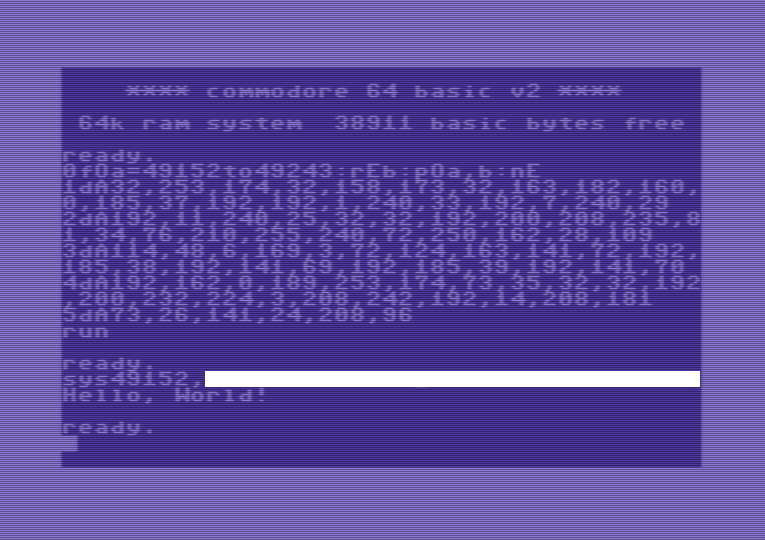This is the cops' thread. The robbers' thread is here.
Your challenge is to write a program or function that, with a certain input, prints the exact string Hello, World! and a newline. Capitalization, spacing and punctuation must be exact.
Input may be taken via standard input, a file, or command-line/function arguments. Output may be given via return value, writing to a file, or standard output.
Your program must print Hello, World! for at least one input. When your program is given the wrong input (i.e. the input that does not make it print Hello, World!), it can do whatever you like - crash, print random nonsense, call Chuck Norris, etc.
You may not use a hashing algorithm or any similar methods of obscuring the required input.
Submissions are preferred to be runnable & crackable on TIO. Submissions not runnable or crackable on TIO are allowed, but please include instructions to download / run them.
After one week, this challenge will be closed to future cop submissions. The winner is the shortest code that is uncracked after a week of posting it ("it" being the code, not this challenge). The winner will be accepted after two weeks.
After a week has passed since posting, please mark your answer as safe and show the input (in a > ! spoiler quote). If a robber cracks your submission (before the week ends), please mark it as cracked and show the halting input (in a > ! spoiler quote).
Looking for uncracked submissions?
fetch("https://api.stackexchange.com/2.2/questions/137742/answers?order=desc&sort=activity&site=codegolf&filter=!.Fjs-H6J36vlFcdkRGfButLhYEngU&key=kAc8QIHB*IqJDUFcjEF1KA((&pagesize=100").then(x=>x.json()).then(data=>{var res = data.items.filter(i=>!i.body_markdown.toLowerCase().includes("cracked")).map(x=>{const matched = /^ ?##? ?(?:(?:(?:\[|<a href ?= ?".*?">)([^\]]+)(?:\]|<\/a>)(?:[\(\[][a-z0-9/:\.]+[\]\)])?)|([^, ]+)).*[^\d](\d+) ?\[?(?:(?:byte|block|codel)s?)(?:\](?:\(.+\))?)? ?(?:\(?(?!no[nt][ -]competing)\)?)?/gim.exec(x.body_markdown);if(!matched){return;}return {link: x.link, lang: matched[1] || matched[2], owner: x.owner}}).filter(Boolean).forEach(ans=>{var tr = document.createElement("tr");var add = (lang, link)=>{var td = document.createElement("td");var a = document.createElement("a");a.innerHTML = lang;a.href = link;td.appendChild(a);tr.appendChild(td);};add(ans.lang, ans.link);add(ans.owner.display_name, ans.owner.link);document.querySelector("tbody").appendChild(tr);});});<html><body><h1>Uncracked Submissions</h1><table><thead><tr><th>Language</th><th>Author</th></tr></thead><tbody></tbody></table></body></html>

sha3falls into that category, but otherwise where do you draw the line? I mean themod 1e3is also a hash function, and I'd even go so far and argue that many of the submissions are going to be hash functions, as this challenge is basically asking for such. \$\endgroup\$